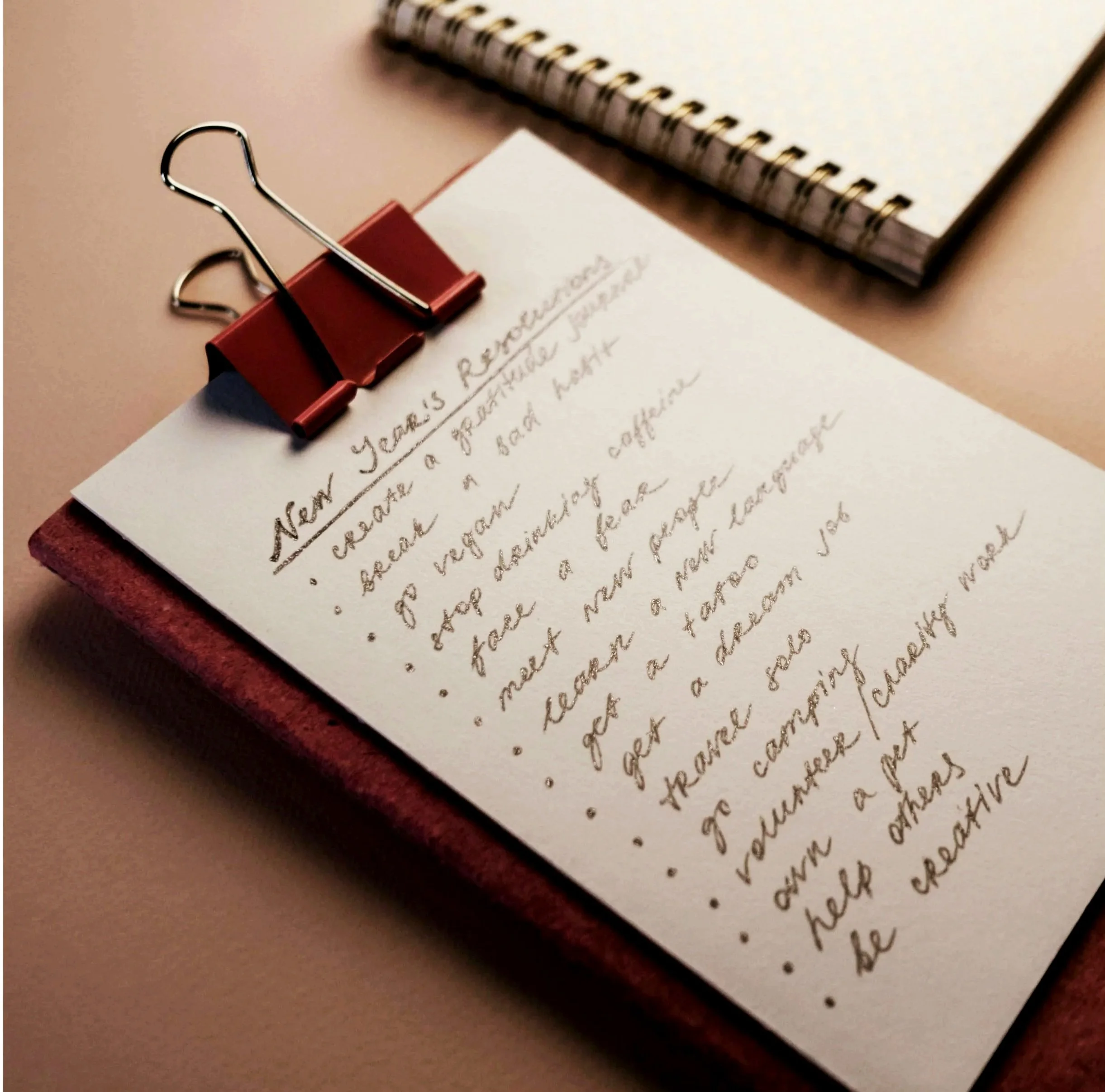Limit Screen Time (And Get Bored)
Written By Kelly Dodds
Over the past couple of decades, screen time has become a more and more relevant topic since our digital lives revolve around computers, smart phones, TV streaming services, and video games. It’s not easy to find the most accurate statistics, but analyses show that the average American adult spends between 7-12 hours per day on a screen. You’re reading this on a screen right now :)… which wasn’t even an option for people just a couple of generations ago. Our modern digital lives have brought us amazing opportunities, but also comes with responsibilities.
Screen time is correlated to sedentary time, since it’s hard to be active and look at a screen at the same time– which impedes our daily productivity and non-exercise activity (NEAT - September’s Health Challenge) that boosts our health. Not only is screen time an opportunity cost to actively spending our time doing stuff, spending “too much” time on screens has been associated with many negative health risks such as excess body fat, poor sleep, dementia, stroke, depression, Parkinson’s, and poor eye health. Unfortunately, studies are still fairly limited regarding all the health implications of screen time and how much screen time is “healthy” versus “unhealthy.” Though, some experts say that more than 2 hours of screen time outside of work each day is too much (i.e. leisure scrolling, shopping, social media, TV series, movies, reading, games, etc.).
Another implication of spending too much time distracted by a screen is a lack of boredom. It’s easy to fill our spare time entertaining ourselves with our phone, TV, or a video game and avoid sitting around being bored. Generally thought of as an unpleasant emotion, boredom has received more attention in research studies lately. Excessive boredom, for instance, a monotonous job, a jail cell, or being bedridden, is known to increase depression & neurodegeneration and reduce life expectancy. However, some boredom is actually shown to be healthy for us.
Research has shown that boredom can be a source of creativity and innovation when our brains are more likely to wander, critically think, and explore new ideas or perspectives. Psychologists see boredom as an opportunity for self-awareness and self-improvement, and studies have shown that people who experience moderate levels of boredom are more likely to engage in creative thinking and problem-solving. Boredom can encourage us to seek novel experiences, discover new interests, challenge ourselves to learn and grow, evaluate our values, goals, and aspirations, and motivate us to make intentional changes to improve our lives. Moreover, we can use some of our newfound screen-free time to implement these new ideas that can have a big impact on our future.
This topic is also discussed in the book The Comfort Crisis by Michael Easter, MovemementLink’s latest book club pick. Boredom is an emotion that is thought to have evolved to tell us when something we’re currently doing is not giving us an optimal return/reward for our time spent. Easter writes about the evolutionary significance of boredom, “traditionally, when we became bored we would go inward and mind wander. Mind-wandering is a rest state that restores and rebuilds the resources needed to work better and more efficiently any time we’re focused on the outside world. Ideation and creativity happen when we’re inside our own head, dreaming up big ideas rather than watching or listening to someone else’s ideas through a screen or speakers. This is why other studies have found that bored people score significantly higher on creativity tests. It’s also why people often report having their best ideas in the shower—it’s a time of pure mind wandering. It also allows us to introspect and develop creative ideas to improve our lives. Time in unfocused mode — rediscovering boredom — is critical to get shit done, tap into creativity, process complicated information, and more. The way we dealt with boredom before we began surrounding ourselves in constant comfort delivered benefits that are essential for our brain health, productivity, personal sanity, and sense of meaning. We’d often use boredom to improve our situation, like finding food, building better relationships, and thinking of creative ways to improve our lives.”
Take Action
Spend 3 typical days monitoring your screen time: computer time, TV/streaming time, phone time, video game time, etc. You can find usage details on your phone, but may need to manually keep track of laptop or TV screen time.
Calculate how much time you spend on work and how much is spent on leisure/non-work screen time.
Challenge yourself to not get more than 2 hours of non-work screen time per day for 2 weeks– or challenge yourself to less than 2 hours of non-work screen time for the remainder of the month if you want the extra challenge.
Find new [non-screen] ways to use your free time, especially ones that allow your mind to wander
Notice what happens if you get bored: are you more productive, are you more creative, are you more curious, are you solving more problems, are you thinking deeper, are you feeling more comfortable being bored? Let me know what interesting things you find about being bored!









